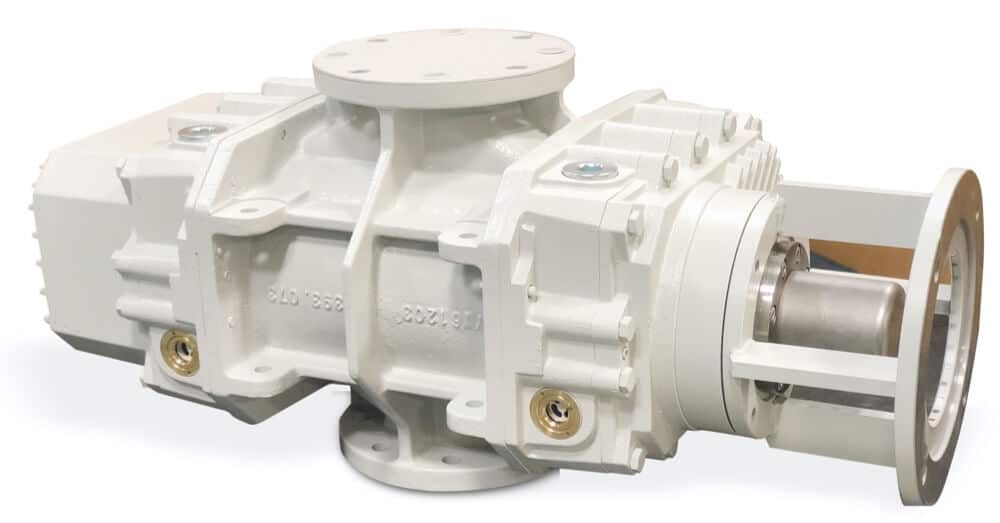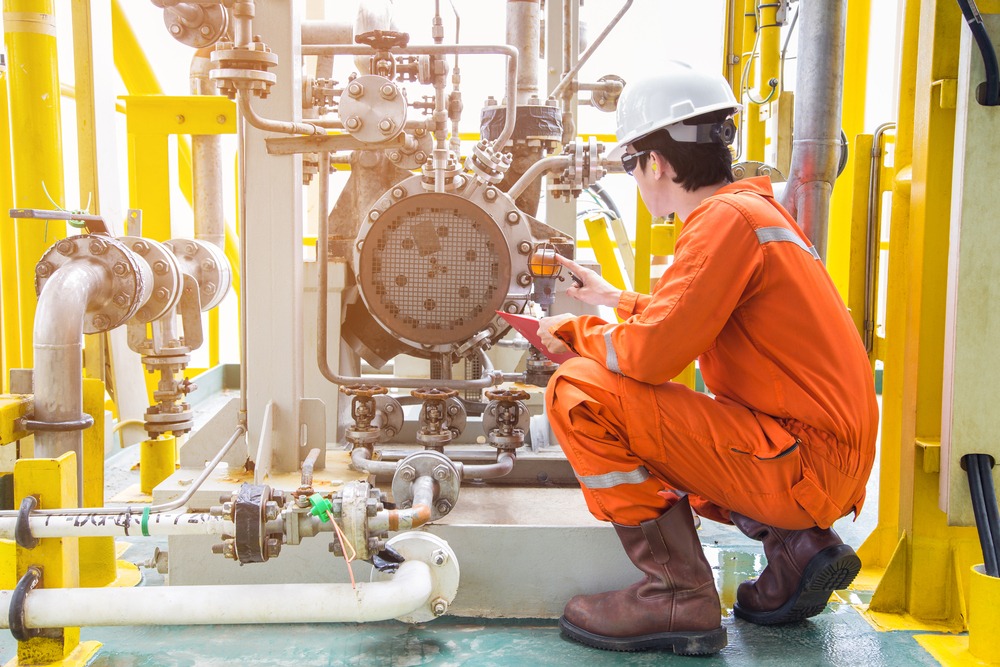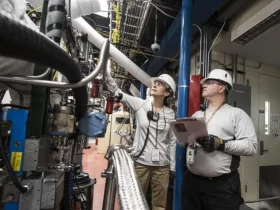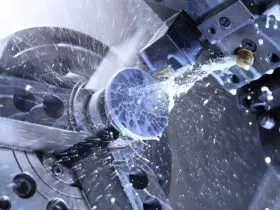Vacuum pumps with magnetic couplings are a type of pump used in all industrial sectors where vacuum is required, from atmospheric pressure down to 1 x 10 ^ (-3) millibars. These pumps are used to pump wastewater pollutants and other auxiliary fluids, providing a truly environmentally friendly service. Another application of magnetically coupled vacuum pumps is that they can be utilized for the pumping of vapors to be recovered while maintaining the highest possible purity, as well as for short pumping cycles over large chambers.
With a wide variety of applications, these pumps are a truly versatile piece of machinery that can be used in the mechanical, chemical, electrical, food, and pharmaceutical industries, among others. These features, applications, and qualities are further enhanced by the improvements introduced by the Research, Development & Innovation (R+D+I) departments of companies. One such company is Pedro Gil. Pedro Gil vacuum pumps are maximum efficiency Roots RVM vacuum booster pumps equipped with a highly innovative vacuum booster system.
Features of a good magnetic drive pump

So, how do you choose a good magnetic drive pump? One of the features to bear in mind when choosing a good, efficient drive pump is the vacuum level and its flow rate. These factors will help determine the most appropriate technology for you. For this, it’s also essential that you consider other criteria such as energy efficiency, temperature, maintenance required, size, the space it will occupy, price, and sound levels.
When it comes to energy efficiency, it’s vital that you opt for pumps that guarantee sustainable use of natural resources and energy efficiency that optimizes performance and costs, as well as presenting much more efficient machinery, adapted to the most recent regulations (depending on your region) in this regard. It is also important to note the maximum temperatures they can reach, and the protection offered to withstand extreme levels without causing damage to the machinery. This is a factor that will allow you to achieve maximum performance while ensuring the equipment’s correct temperature.
Finally – taking into consideration other external factors – you should always be sure to carry out a study of the space available for the pump’s placement. Not just any site will do, and the size of the place in which it will be located will determine the dimensions of the drive pump to be selected. The final choice between one model of drive pump or another should be very carefully considered, taking the time to evaluate all the details. Don’t forget to consider sound levels. This is a basic criterion that should be studied in advance in order to adapt the required measures, such as placing the drive pump in a soundproof booth.
As you can see, choosing a drive pump is an investment that must be extensively analyzed – always opting for models that offer an efficient, sustainable and durable solution, as well as meeting the needs of the process for which they are intended.
Which industries can gain maximum benefit from the magnetic pumps?

The new magnetic pump is ideal for any industry where there is a need to pump pollutants out of wastewater, and for de-aeration. These applications are therefore very effective for processes such as freeze-drying, concentration, filtration, distillation, or packaging within the food, pharmaceutical, and chemical industries.
It is also very useful and practical for vacuum operations performed in the mechanical, metallurgical, plastics, and electrical industries, as well as being very valuable in the optical industry. These kinds of innovative technologies can optimize industrial machinery by enhancing performance, efficiency, and as well as profitability.




![Types of Engineers and What they Do [Explained]](https://www.engineeringpassion.com/wp-content/uploads/2022/04/types-of-engineers-and-what-they-do-280x210.jpg)







Leave a Reply